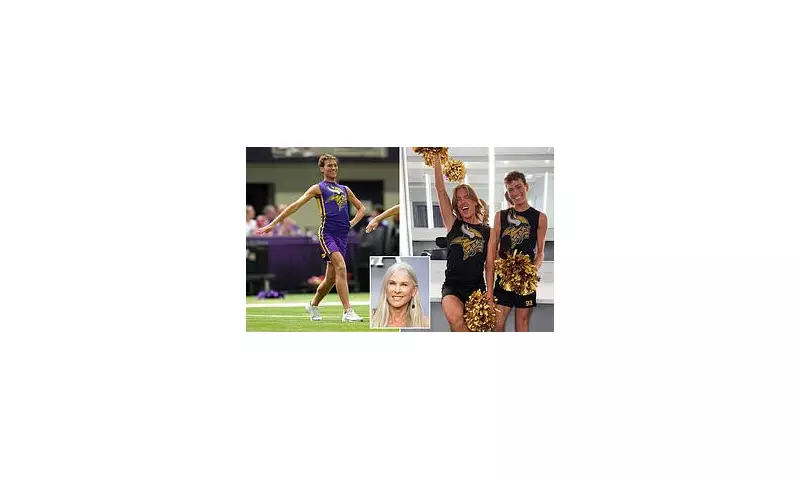
Olympic swimming legend and revered sports broadcaster Sharron Davies has launched a powerful critique against the American NFL, targeting its growing trend of including male performers in its traditionally female cheerleading squads. The Commonwealth gold medalist argues this move, often celebrated as progressive, inadvertently sidelines female athletes and creates a profound inequality in the sporting world.
Davies, a long-time and vocal advocate for the protection of women's sports, contends that while men are welcomed into these prestigious cheerleading roles, the reverse scenario is unthinkable. She poses a stark question: would a woman ever be permitted to join the male-dominated ranks of an NFL team's locker room or coaching staff in a equivalent capacity? Her firm belief is that the answer is a resounding no, highlighting a glaring double standard.
A Champion's Perspective on Fair Play
Speaking with the authority of a world-class athlete, Davies frames the issue around safety and competitive integrity. "Men are built differently to women; it's a simple fact of biology," she stated, emphasising that this physical disparity is the very reason sports have historically been segregated by sex. Allowing males into spaces dedicated for females, she warns, erodes the foundation of fair competition that women have fought decades to establish.
Her comments extend far beyond the glittering pom-poms of the NFL, touching the heart of a global debate trans inclusion in athletics. Davies fears that the normalisation of males in female athletic endeavours, even in performance roles, sets a dangerous precedent that could further blur the lines in competitive sports, to the detriment of female competitors.
The Core of the Controversy
For Davies, this is not merely about cheerleading; it's about principle and precedent. The central thrust of her argument is that the inclusion of males in any facet of a female sporting institution undermines the very concept of single-sex competition. She views the NFL's policy as a symptom of a wider societal issue where the rights and opportunities of female athletes are being diminished in the name of inclusivity.
The debate she ignites questions the future of women's sports. Are they to remain protected categories that ensure fair play and equal opportunity for female athletes, or will they continue to evolve in a direction that, according to voices like Davies's, prioritises identity over biological reality? This discussion, sparked on the sidelines of an American football field, resonates deeply across the entire sporting landscape.




